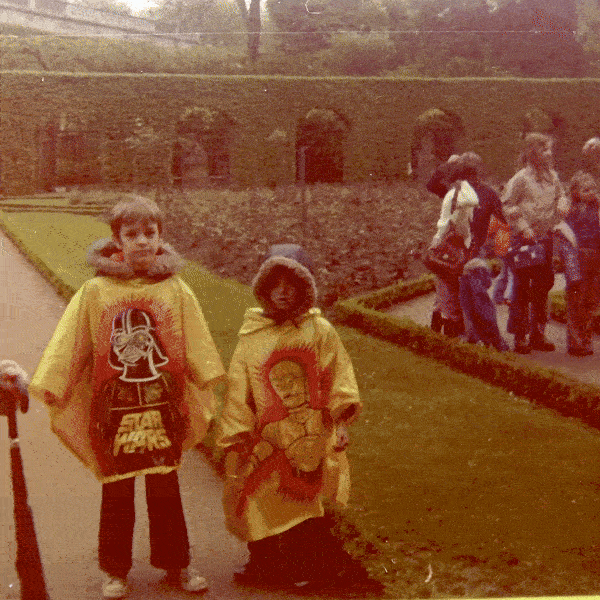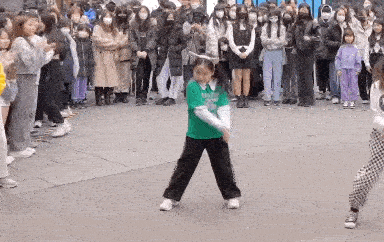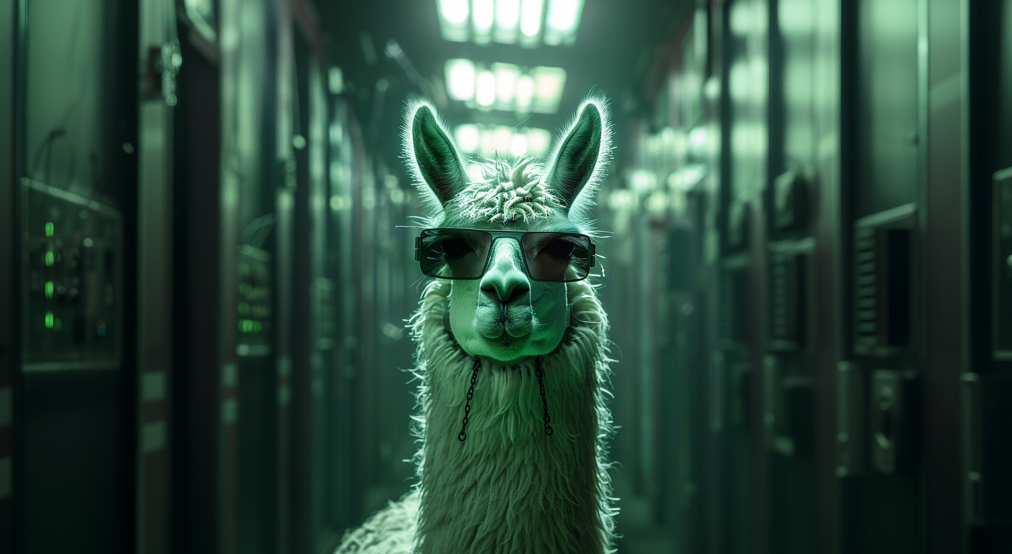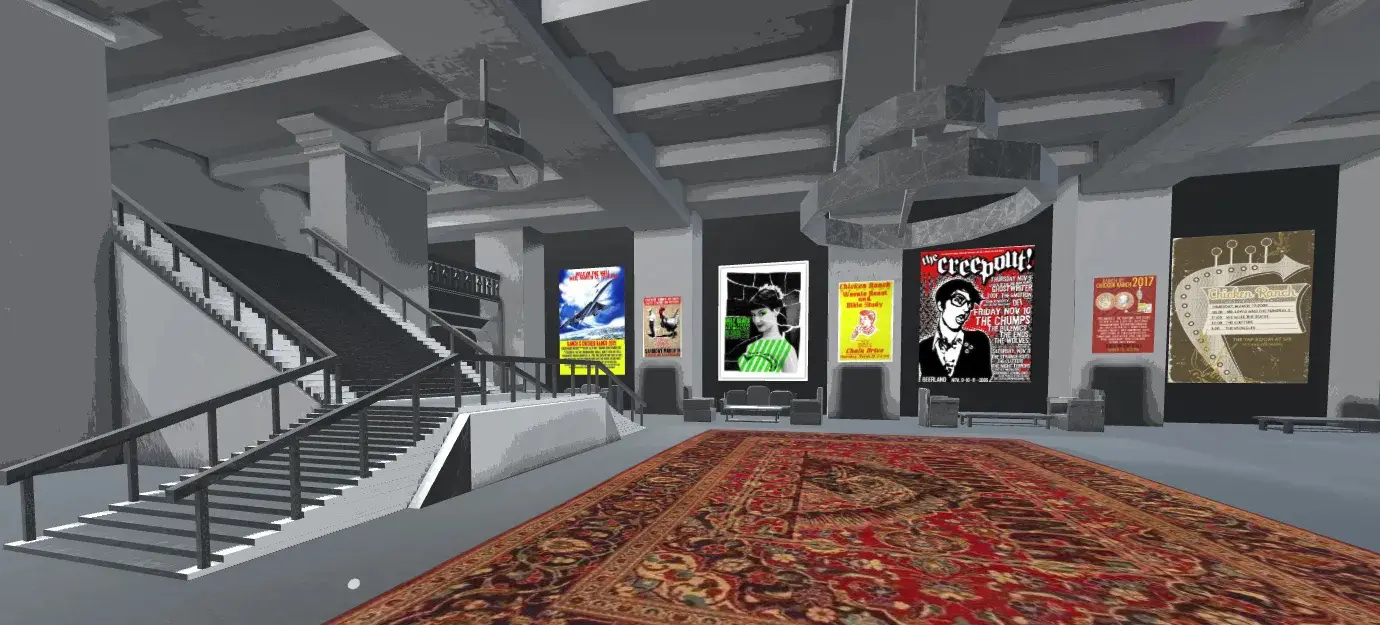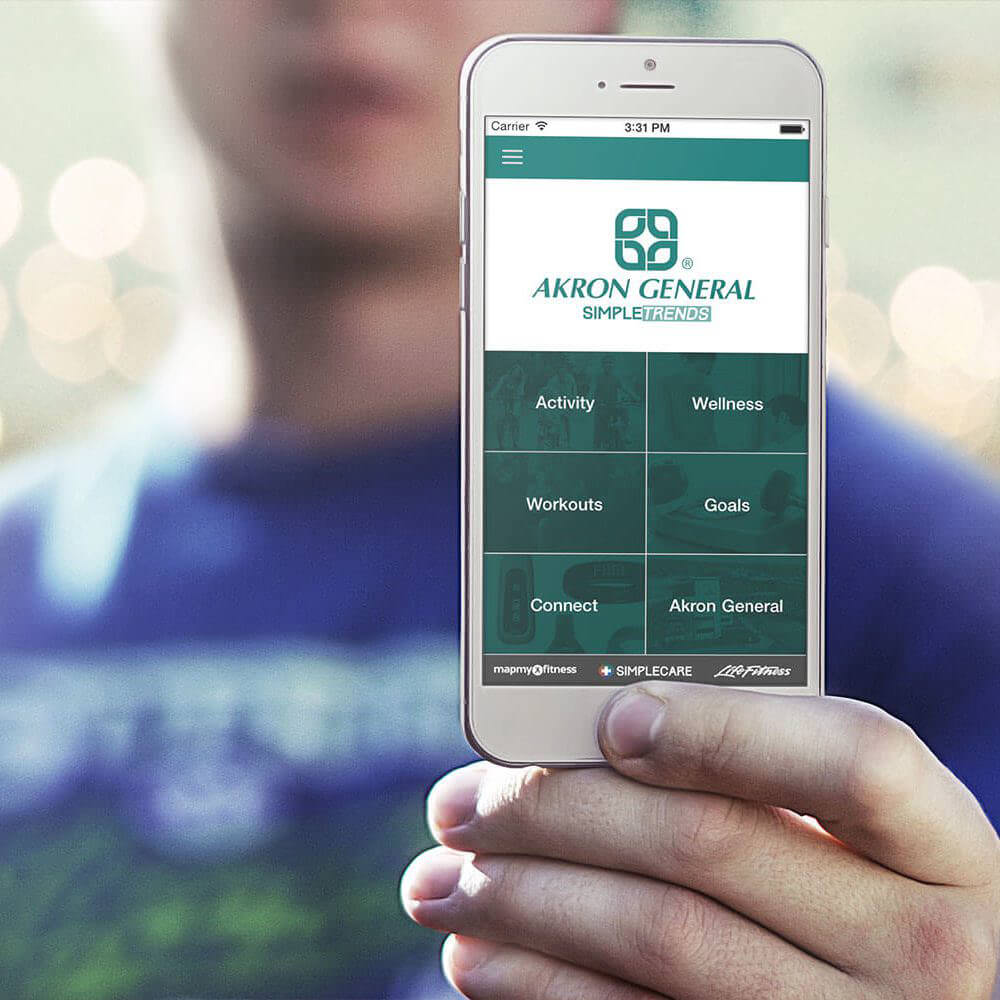Pop Culture Dilemma

Pop Culture Dilemma
JUNE 29, 2024
I've always prided myself in my love and knowledge of pop culture. I considered it an American currency on high and being deeply fluent in a broad swath of it is an advantage to having a real engagement with another American. It's a short hand. It's a secret handshake. My ability to gain someone's trust quickly has been based on finding commonality with others through pop culture and it's odds and ends.
Yet during this particular interview with Malcolm Gladwell (during the underwhelming Brats documentary), he gets to the root of modern societies problems in politics and generational communication. Here is his quote:
"If you gathered a hundred 17 year olds at random in America in 1986, 90 would have seen, or at least be conversant about Pretty in Pink. No question. They wouldn't even have to seen it to be able to hold a conversation about it. There is absolutely no cultural phenomenon at the present time of which that can be said, impossible. Why? Well, because things have been fractured. We've gone from a relatively unified youth culture to one that looks like every other aspect of American society, which is everything's all over the place."
What I find exceptional is the truth of his statement. Pop culture today is so much more than TV shows on 3 channels or the America's Top 40 countdown. It's a never ending tide of memes, streaming services, live events, tiktoks. For every taste, there is content. Fresh content. For every Mr. Beast or "Hawk Tuah girl", there are thousands of content creators who are focused on the nuance of a particular subject. YouTube channels focused on making tiny food, or 3d printing, or watch repair, or ASMR shoe shines. (And those are just topics I personally actually subscribe to)
So how do you find common ground to talk to people across our pop culture tribes? I wish I knew the answer, but it is a heck of a time to not be set in ones ways and willing to learn and experience new things. There is truly something for everyone and no matter the nuance of something that tickles your interest, there is no doubt a group already making a ton of content around that topic. What a time.
The Double-Edged Sword of Infinite Choice
This fragmentation of pop culture is both a blessing and a curse. On one hand, it allows for unprecedented diversity and representation in media. People from all walks of life can now find content that speaks directly to their experiences, interests, and identities. This democratization of culture has given voice to previously marginalized groups and fostered communities around even the most niche interests.
On the other hand, this splintering has eroded our shared cultural touchstones. The water cooler conversations of yesteryear, where everyone gathered to discuss last night's must-see TV, have all but disappeared. Instead, we find ourselves in echo chambers, consuming media that reinforces our existing tastes and beliefs, potentially widening the gulf between different segments of society.
Navigating the New Landscape
Despite these challenges, there are ways to bridge the gap and find common ground in our fragmented cultural landscape:
-
Embrace curiosity: Instead of dismissing unfamiliar content, approach it with an open mind. Ask people about their favorite shows, YouTubers, or TikTok trends. You might discover something new and exciting.
-
Look for crossover hits: While rare, there are still occasional phenomena that break through the noise and capture widespread attention. Stay aware of these cultural moments, as they can provide valuable common ground.
-
Focus on themes, not specifics: Even if you haven't watched the same shows, you can often find common themes or experiences to discuss. The emotions evoked by a heartfelt drama or the excitement of a well-crafted thriller are universal.
-
Celebrate diversity: Rather than lamenting the loss of a monoculture, embrace the richness that comes with variety. Use discussions about different types of content as an opportunity to learn about others' perspectives and experiences.
-
Develop media literacy: As we navigate this complex landscape, it's more important than ever to critically analyze the media we consume. Understand the creators' intentions, recognize biases, and consider the broader context of the content you engage with.
The Future of Pop Culture
As we move forward, it's likely that the fragmentation of pop culture will continue. However, this doesn't spell doom for social cohesion or shared experiences. Instead, it challenges us to be more intentional about how we engage with media and with each other.
Perhaps the new "secret handshake" isn't about knowing the same references, but about having the skills to navigate and appreciate the vast ocean of content available to us. It's about being able to dive deep into our own interests while remaining open to exploring the depths of others' passions.
In this new era, the true currency might not be knowledge of specific pop culture artifacts, but rather the ability to connect, empathize, and find common ground despite our diverse media diets. It's a skill that requires effort and practice, but one that's increasingly crucial in our interconnected yet fragmented world.
So while we may no longer have a "Pretty in Pink" that 90% of teenagers can reference, we have something potentially more valuable: a rich, diverse cultural landscape that reflects the complexity of human experience. Our challenge – and our opportunity – is to learn how to navigate this new terrain with curiosity, empathy, and an open mind.
What a time indeed. A time of challenge, of diversity, and of unprecedented opportunity for connection – if we're willing to embrace it.
